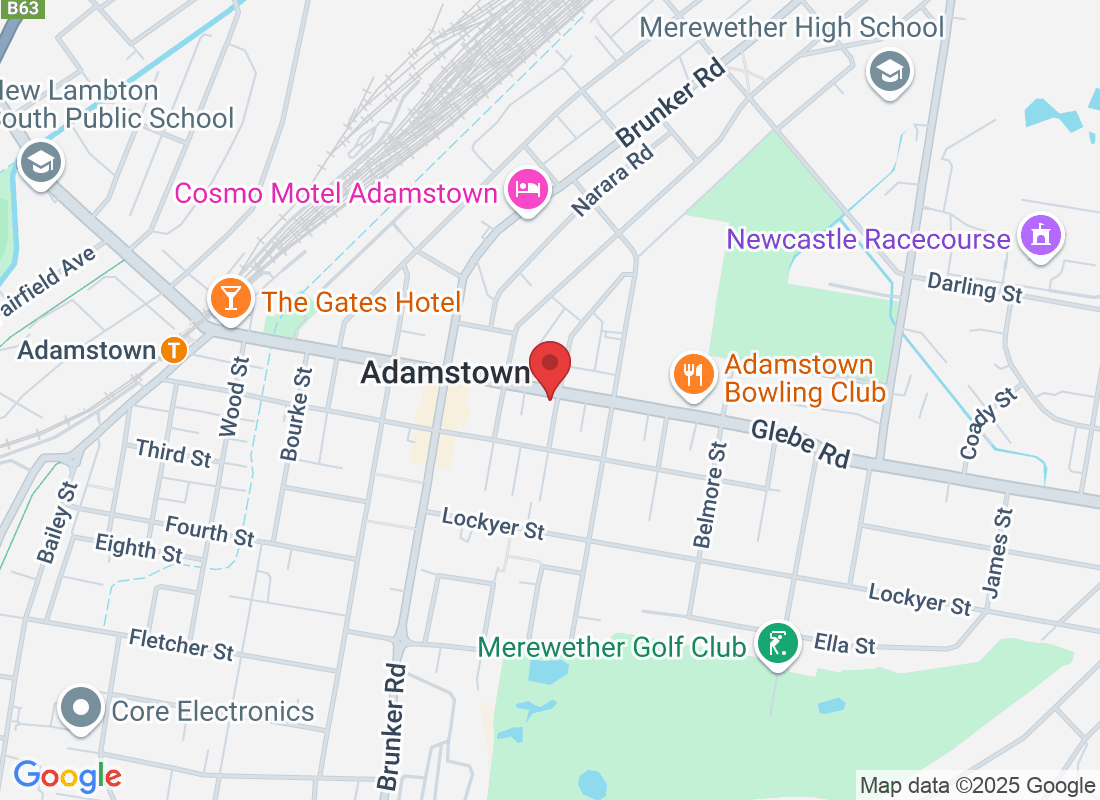
Rotator Cuff Injuries: Signs You Shouldn’t Ignore
Ever felt a sharp twinge in your shoulder while reaching overhead or lifting something?
It could be more than just a simple ache.
Rotator cuff injuries are one of the most common causes of shoulder pain — and catching the signs early can make a huge difference in your recovery.
In this blog, we'll chat about what your rotator cuff actually does, how injuries happen, and the warning signs you really shouldn’t brush off.
First Things First: What’s the Rotator Cuff?
Think of your rotator cuff as a team of four small muscles and their tendons that work together to keep your shoulder stable and moving smoothly.
They help you lift, rotate, and reach in all sorts of directions.
When something goes wrong with the rotator cuff — like a tear, strain, or inflammation — even simple movements can suddenly feel painful and weak.
Common Causes of Rotator Cuff Injuries
Rotator cuff injuries can happen in a few different ways:
Overuse: Repeating the same arm movements (like painting, swimming, or lifting at work)
A sudden injury: Falling onto your arm or lifting something too heavy
Wear and tear: As we age, the tendons naturally weaken, making injuries more likely
No matter how it happens, it’s important to spot the signs early to avoid bigger problems down the track.
5 Signs of a Rotator Cuff Injury You Shouldn’t Ignore
1. Pain When Lifting or Reaching
If lifting your arm, reaching behind you, or even combing your hair brings on a sharp or aching pain, your rotator cuff might be involved.
2. Weakness in Your Shoulder
Feeling like your shoulder has lost its strength — especially when trying to lift everyday objects — is a big red flag.
3. Pain That Wakes You at Night
Many people with rotator cuff injuries find it hard to sleep, especially if they roll onto the sore side.
If night-time pain is keeping you up, it’s time to get it checked out.
4. Clicking or Popping Sounds
Hearing clicking, popping, or grinding when you move your shoulder could mean the tendons aren’t gliding smoothly anymore.
5. Limited Range of Motion
If your arm just won’t go as high, or moving it feels stiff and awkward, your rotator cuff could be inflamed or injured.
What Happens If You Ignore It?
Ignoring a rotator cuff injury can lead to bigger problems like:
Worsening pain and weakness
Frozen shoulder (where your joint becomes stiff and painful)
Permanent tendon damage
The longer you leave it, the harder and slower recovery can be.
That’s why early help from a physiotherapist is so important!
How Physiotherapy Helps Rotator Cuff Injuries
At Sport and Spine Physio in Adamstown, we create a plan that's made just for you.
Here’s what we usually focus on:
A proper diagnosis — we figure out exactly which part of the rotator cuff is affected
Pain management — using hands-on techniques, advice, and gentle treatments
Strength and flexibility exercises — to rebuild and protect your shoulder
Education — teaching you how to move safely and avoid future injuries
We guide you step-by-step so you can get back to doing the things you love — pain-free and stronger than before.
Final Thoughts
Rotator cuff injuries don’t have to stop you in your tracks.
If you're noticing pain, weakness, or limited movement in your shoulder, don't wait for it to get worse.
A little help now can save you a lot of pain later!
Reach out to Sport and Spine Physio in Adamstown, Newcastle — we’re ready to help you move better, feel stronger, and get back to living your life.



